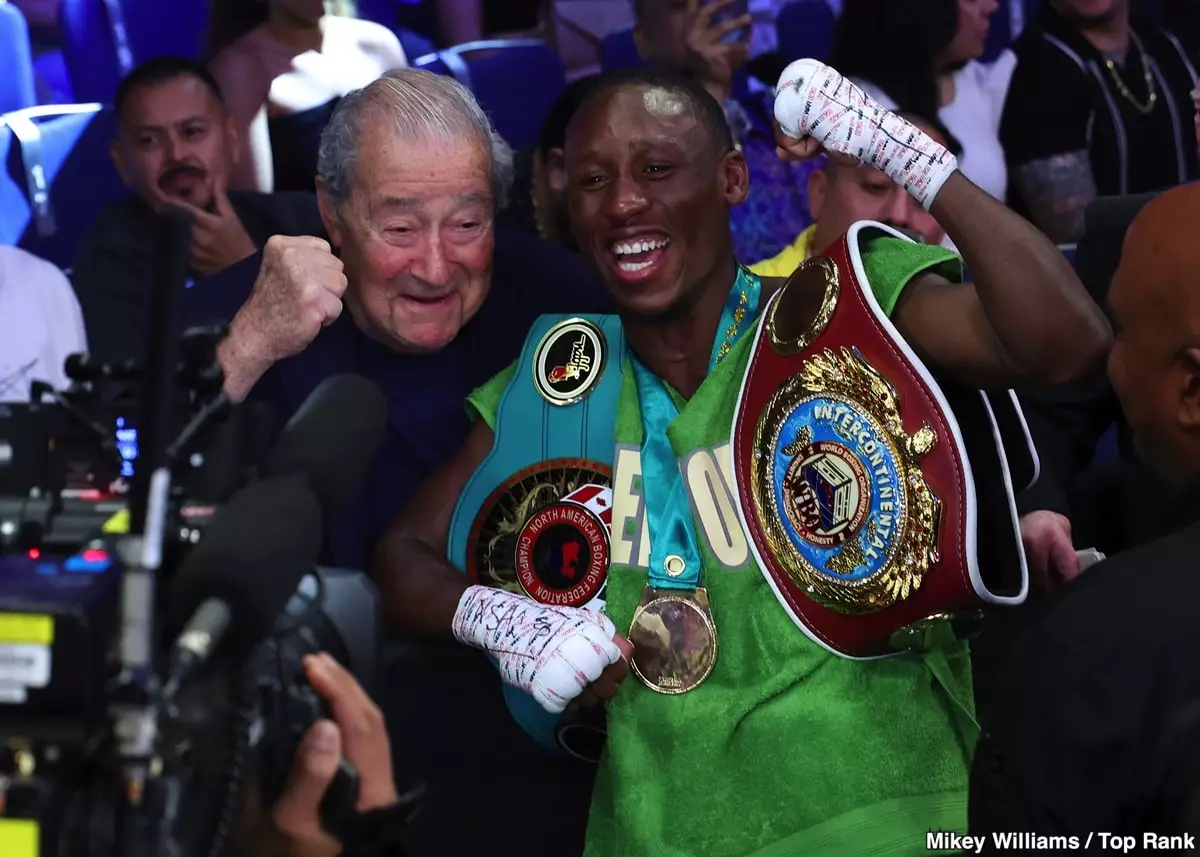In the fiercely competitive world of boxing, a champion’s legacy is shaped not merely by victories but by the willingness to face formidable opponents. Nick Ball, the reigning WBA featherweight champion, currently exemplifies a troubling complacency that undermines the sport’s integrity. His reluctance to defend his title against deserving challengers, instead opting for softer opponents, raises fundamental questions about his dedication. Bruce Carrington’s candid critique highlights a broader issue: a champion who is seemingly content to hold onto a belt without proving his prowess against the division’s best. Such behavior betrays the core spirit of boxing, where strength emerges through adversity and challenge. The lack of willingness to face top-tier fighters not only stunts personal growth but also tarnishes the prestige of the title itself.
The Significance of Genuine Challenges in a Boxer’s Career
Boxing aficionados value fighters who seek out rigorous competition, who demonstrate resolve and a hunger for greatness. When a champion sidesteps elite contenders—choosing less challenging fights—their reign can become superficial. Ball’s recent defenses against aging opponents like Ronny Rios and T.J. Doheny reveal a pattern that many interpret as “milking” the title. It’s not merely about defending belts but about embodying the fighting spirit that fuels the sport. Carrington’s desire to face Ball reflects the fighter’s confidence and ambition—traits that elevate the sport’s excitement and authenticity. The reluctance of Ball’s team to entertain meaningful matchups questions whether the title serves as a true symbol of mastery or merely a token badge on a reigning champion avoiding real stakes.
The Power Dynamics and the Future of Featherweight Competition
The ongoing saga emphasizes a deeper issue within boxing: the hierarchy and the politics that often hinder rightful matchups. Carrington points out that despite his high ranking and clear intent to challenge the champion, negotiations have failed—largely because Ball’s camp appears unwilling to meet fair conditions. This reluctance hints at strategic avoidance, perhaps even a desire to hold onto the title without risking defeat. If the current trend persists, we risk losing sight of true competition, as champions vacate belts rather than confront their fiercest rivals. It’s a troubling trend that diminishes the sport, reminding us that boxing’s true champions are those who prioritize legacy over complacency. For Carrington, the fight isn’t just about a belt; it’s about restoring integrity and showcasing the division’s best fighters, something fans desperately crave in an era marred by strategic ducking and superficial battles.
The Implications for the Sport’s Future
Ultimately, the unresolved tensions between fighters like Carrington and champions like Ball reveal a critical crossroads for boxing. Will it continue to elevate fighters who chase glory through meaningful contests, or will it accept a new norm where titles are defended against mere reflections of their true potential? The fans, who hunger for action and genuine rivalries, deserve the former. For the sport to thrive, fighters must recognize that avoiding top-tier competition undermines their credibility and the very essence of boxing’s competitive spirit. The eventual showdown—if it materializes—could either serve as a true test of skill and heart or confirm fears that some champions are content to reign without the responsibilities that come with being a true champion. The upcoming fights will determine whether boxing remains a sport of champions battling for greatness or just a series of superficial title defenses.

